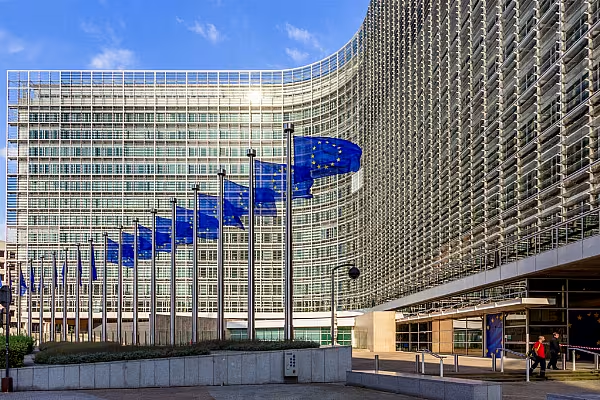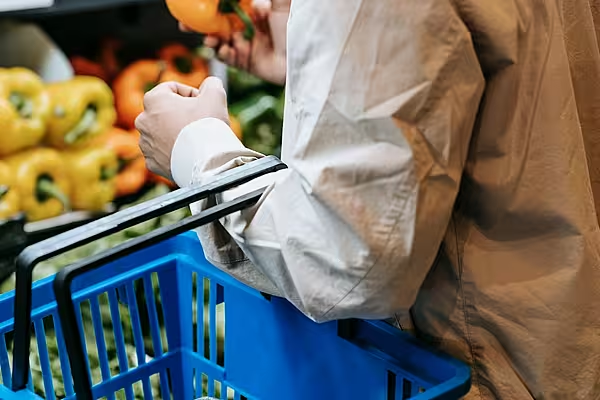EuroCommerce, the body which represents the retail and wholesale sector in Europe, has said that retail alliances play an important role in providing better prices and more choices for consumers, in response to the creation of the new Epic Partners retail alliance.
The new alliance, headquartered in Geneva, brings together Germany’s Edeka, ICA from Sweden, Jerónimo Martins from Portugal, Magnit from Russia, Migros from Switzerland and Picnic from the Netherlands. The partners in the alliance operate in a total of ten European countries.
EuroCommerce Director-General Christian Verschueren commented, “The efficiencies and synergies in sourcing in the EU single market can help balance the significant market power of multinational brand suppliers who operate across the globe. As we have seen recently, these large manufacturers are again piling on pressure, sometimes even collectively, for unreasonable price increases.
“Alliances are consumers’ best allies at a time when many families are still feeling the impact of the COVID pandemic. These alliances help address the impact of manufacturers’ active fragmentation of the single market, which is costing consumers at least €14 billion a year.”
Epic Partners
The new alliance will negotiate contractual arrangements for complementary international services and marketing activities with the largest international brand manufacturers, focusing on packaged processed products, EuroCommerce added.
It will not deal with SME suppliers or farmers, and vegetables, fruits and unprocessed foods will not be included.
EuroCommerce added that the Commission has on numerous occasions recognised the pro-competitive role that retail alliances play within the strict boundaries set in competition rules, including a recent report by the European’s Joint Research Centre, which underlined their positive role in increasing consumer welfare.
In Europe, retailers and wholesalers operate in a limited number of countries, with high fixed costs and low and decreasing net margins, typically around 1% to 3%.
On the other hand, global manufacturers still enjoy net margins of 15%-30% – ten times those of retailers – with continuous growth in margins.
Individually, retailers’ purchases from a global brand supplier make up no more than a tiny fraction of that big brand’s global sales.
In many product categories, an individual manufacturer holds a significant position on the relevant market, and this should be the criterion for judging relative bargaining power, EuroCommerce added.
Imbalance In Negotiating Power
The imbalance in negotiating power is reflected in large manufacturers’ repeated demands asking retailers for price increases, often in double-digits, and the suspension of deliveries if these demands are not met, along with restrictions on the free movement of goods.
The Commission is currently conducting investigations of abuse of market power and breach of other competition rules by a number of manufacturers in relation to retailers and distribution, EuroCommerce noted.
Read More: Retail And Wholesale Vital To Europe's Recovery
© 2021 European Supermarket Magazine. Article by Dayeeta Das. For more Retail news, click here. Click subscribe to sign up to ESM: European Supermarket Magazine.














